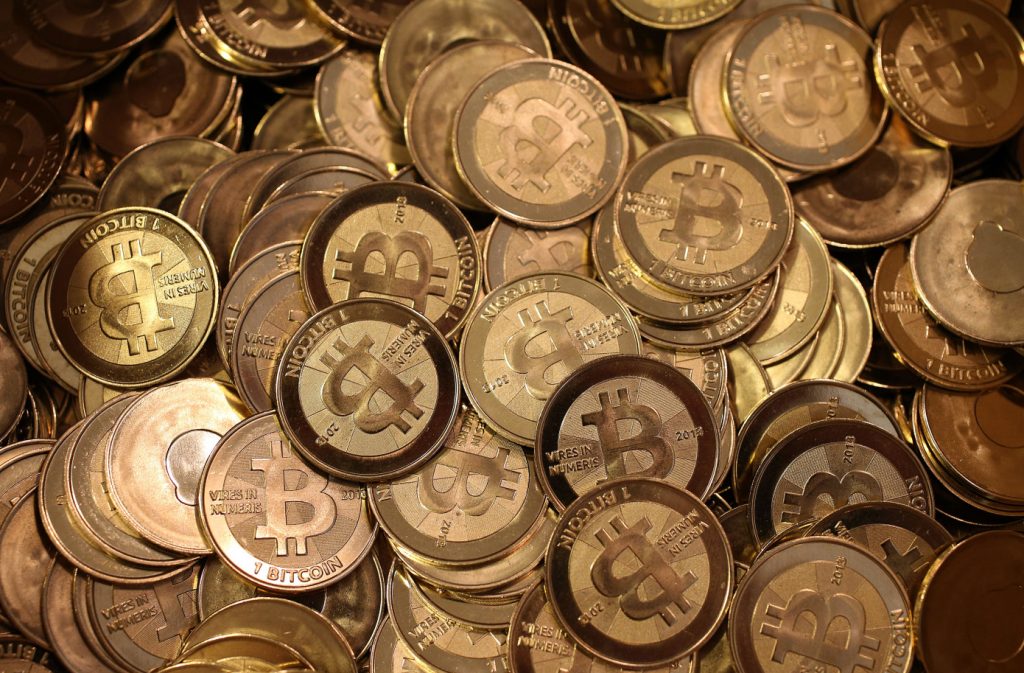
From Brazil to Nigeria, people turn to Bitcoin for different reasons than most of their speculating counterparts in North America. Namely, because it’s the most advantageous way for them to conduct international transactions.
Such is the case with a 28-year-old poker player in Brazil who simply goes by Felipe, for safety. Poker is a legal form of gambling in Brazil, so Felipe can use Brazilian banks and regulated exchanges to earn income from home. He dropped out of law school because playing poker against foreigners with Bitcoin to spend was more profitable than becoming a partner at a local law firm. Felipe said he now outearns his brother, a middle-tier executive at one of Brazil’s top corporations.
“Bitcoin is the best medium of money exchange in the poker community,” Felipe said. “I withdraw earnings as Bitcoin, or as Tether, to a Brazilian crypto exchange and sell it there.”
Felipe said he is wary of his government because he believes the Brazilian economy will experience a catastrophic shock in the next few years. Back in 1992, President Fernando Collor de Mello was impeached after confiscating millions of civilian savings accounts to offset national debts. Felipe doesn’t want his bank account forcibly emptied when the next crisis hits. This inspires him to accumulate Bitcoin, avoiding more traditional options stocks.
“The pension funds system is completely broken,” Felipe added. “The thing with Bitcoin is, you don’t need it until you do.”
Manuel Folgueiras is one of many Cuban users who joined the Bitcoin ecosystem over the past year. This 33-year-old economist, who lost his tourism industry job in 2020, now supports himself using various cryptocurrency projects.
“It’s very difficult to get Bitcoin, because we don’t have access to any exchanges and there are a lot of scams. Cuban banks don’t have relationships with crypto exchanges,” Folgueiras said. “Now I use Bitcoin for both savings and income, through trading arbitrage. We have to use a VPN and it’s very risky. If the exchange detects that you’re from Cuba, your account will get blocked.”
Global demand for Bitcoin has been surging since the pandemic began in 2020, pushing dollar-denominated prices briefly past $34,000 during the first week of January, 2021. For residents in many emerging markets, demand for Bitcoin is driven by concerns about the overall health of their national economies, not pure speculation. Some of these countries where Bitcoin markets are spiking, especially in Latin America and the Middle East, are seeing their domestic economies tailspin and are worried political controls could further threaten economic stability.






















